|
She came to us in tears. She had just received news that she had cancer. She was scared and in pain and she brought her distress to the only place she knew might have answers or at least some comfort. We knelt with the women together and prayed over her. Knowing that God alone has the power to heal, we brought it to the church leadership. Some protested that we shouldn't pray for healing, because it would only disappoint her in her new faith in Christ. But we knew that God had the power to heal. God accompanies His word and His gospel with signs and wonders! We gathered together the leaders and prayed over her. A week later she walked back through the doors of the church, beaming. She gave me a hug and cried again, reporting that her doctor had no idea why, but he could no longer find any evidence of her disease. It was a powerful testimony to herself and all who witnessed the tremendous power of God and care for one, distressed woman. Only the name of Jesus could free her from her bondage to disease! Power is always preceded by prayer! 12Then they returned to Jerusalem from the mount called Olivet, which is near Jerusalem, a Sabbath day’s journey. 13And when they had entered, they went up into the upper room where they were staying: Peter, James, John, and Andrew; Philip and Thomas; Bartholomew and Matthew; James the son of Alphaeus and Simon the Zealot; and Judas the son of James. 14These all continued with one unity in prayer and supplication, with the women and Mary the mother of Jesus, and with His brothers. Acts 1:12-14 |
| | The Lord upholds all who fall and lifts up all who are bowed down. The eyes of all look to You, and You give them their food at the proper time. You open Your hand and satisfy the desires of every living thing. The Lord is righteous in all His ways and faithful in all He does. The Lord is near to all who call on Him, to all who call on Him in truth. He fulfills the desires of those who fear Him; He hears their cry and saves them. The Lord watches over all who love Him, but all the wicked He will destroy. Psalm 145:14-20 |
Our usual routine is to walk a ways and then stop and sit on the logs and look around at our mountain view. But today, there was no place to sit. Every stump and log was still blackened with soot, and the charred oils in every stump would have stained our clothes.
As we came down through the scorched hillside back to our house, my son and I noticed the few little trees that had survived the heat and flames of our Canyon fire. They were all along the path.
First one, then another, and the more, with two black lines skirting in stark contrast along either side of the path. They were small trees that had been planted before the fire, but had lived through it unharmed.
It reminded me of one of my favorite passages that the Lord has brought to my mind many times when we have walked through trouble:
And He who formed you, O Israel:
“Fear not, for I have redeemed you;
I have called you by your name;
You are Mine.
When you pass through the waters, I will be with you;
And through the rivers, they shall not overflow you.
When you walk through the fire, you shall not be burned,
Nor shall the flame scorch you.
For I am the Lord your God,
The Holy One of Israel, your Savior."
Isaiah 43:1-3a

When I was little, I thought that meant I wouldn't suffer or live the pain of broken relationships, betrayal, oppression and dishonor. I didn't understand that when Jesus lived that life for me, He was also calling me to follow His example for love of others.
Now that I know Jesus better, I understand that when these painful things come, He will protect my spirit from bitterness, hatred, and pride, and give me the freedom to live life in the sweetness of His Spirit....of what is first pure, then peaceable, easy to be entreated, full of mercy and good fruits." James 3:17
My prayer for you today is that you live and abide in Jesus, under the covering of His precious blood, and come through each fire "unharmed." That the beauty of Christ would shine through you, so that when others see you walk out of your fire, they will say, "their hair was not singed, their clothes were not burned, and there was no smell of smoke on them." Daniel 3:27
By faith Abraham obeyed when he was called to go out to the place which he would receive as an inheritance. And he went out, not knowing where he was going. By faith he dwelt in the land of promise as in a foreign country, dwelling in tents with Isaac and Jacob, the heirs with him of the same promise; for he waited for the city which has foundations, whose builder and maker is God. Hebrews 11:8-10
My sister loved her home. I don't think I know anyone who has had such a dear affection for their home. It was a little nine hundred square foot place, two bedroom, one bath, with so little room that the bedrooms had pocket doors.
They lived just outside of town on a beautiful little property, with the sun rising above the misty hills, the llamas grazing peacefully. They had a flock of chickens, climbing trees for their boys, and a volleyball field. I remember admiring the sweet circle-stack of firewood my brother-in-law would create every year in preparation for winter with their warm and inviting wood stove.
Over the years, she enjoyed memories of birthing their babies in the home, with friends and family waiting to welcome each one.
Relationships were deepened, milestones were celebrated, love was shared, and memories were made that would never be forgotten.
But a few years back, God asked them to do a very hard thing.
He asked them to walk by faith.
I remember the tears and prayers and wrestlings that she shared with me, and how God sweetly and gently kept calling to her. I remember the day they finally sold their home, their non-portable possessions, and said goodbye to their family and friends.
As I was reading the passage in Hebrews this morning, I thought of my sister. Abraham's journey of faith to promise echoes in her life in a profound and meaningful way.
When Abraham was first called by God, he had a home, a city, a family and friends. He had a job, security and what he thought was a certainty in life.
But in order to gain an inheritance in a reality that is more real that anything that we call reality here, more valuable than anything we value now, Abraham had to leave.
I remember too, when we sold our first starter home, one we had long since outgrown. We had loved our home, but it was far too small for our large family, and we couldn't function properly in such a temporary space. We had always known it would be temporary, but the transition to our new home would be longer and more painful than we had envisioned. We knew though, that the only way we could ever move to our new place that fit our needs would be to leave the old. That transition was so very difficult because we had to trust that the next purchase wouldn't fall through.
We had to trust that the little we had left would be worth the leaving.
Whether physically, emotionally or spiritually, the walk of faith always requires that we leave what we have.
Leave our past with its failures, mistakes, sins and pain, leave our possessions in the hands of a God who in truth owns all of what we steward, and leave our places of reputation, security, ideals, and meticulously developed ambitions.
But God never asks us to leave anything without having somewhere to which He is leading us to go.
Our dear pastor recently retired, but this last Sunday he came back to preach while my brother took a rest with his family. In his sermon, he said, “For every departure there is an arrival.” He spoke of vacationing in Hawaii, where every morning he could see the plane taking off from the airport. Knowing the flight well himself, he knew the final destination: Oregon. Home. He knew that every time that airplane took off with its passengers, it was with the end landing in mind.
For Abraham, that destination looked uncertain. His route, the distance, the journey's length, and the final destination were all unknowns. They were unknown to him, but not unknown to God.
Personally, I have often questioned the route God is choosing for me. The distance, the journey's length...sometimes I really do not understand why God chooses certain relationships to have an impact on my soul. Why He doesn't act as quickly as I think would fit into my plans of how perfectly things should come together. I question sometimes if somehow He has forgotten me.
I had a few days this last year of that question battling around in my head. With all the unexpected twists and turns of following God, I wondered if somehow I had gotten off whatever path I was supposed to be on, and if He was still on that path--without me.
I smile even as I write it, because it sounds ridiculous now, but at the time it seemed very real. I couldn't see what He was doing, or even where He was. I didn't think that He had forsaken me, but I did think maybe I had somehow gotten lost off “The Plan.”
That day the Lord sent five different ways to tell me that He was with me and wouldn't leave me or forsake me. Some days I need a lot of underscoring!
But here's a comforting thought, and a true one:
The walk of faith always requires that we have uncertainty in the details.
Faith requires a going without knowing.
Now, as very hard as that is, I wish it were only as simple as that! Wouldn't it be nice and easy to just go...and then arrive, with no ellipsis in between? Those ellipses are some of the most difficult parts of our life sentences! Not only do they contain uncertainties, but they contain a wandering. They contain a sense of being in a foreign place.
One year I visited another of my sisters whose husband was in the military overseas. Since I knew we would try to travel together to sight-see, in preparation I studied the language, customs, culture and menus. I tried to prepare as much as possible for living temporarily in a nation in which I would not innately understand how to protect ourselves or to navigate.
On our first day, after waiting a sleepless 36 hours through a trans-atlantic flight, I arrived, met with my sister, and enjoyed a very caffeinated cup of espresso. Since I don't care for large cities, I had chosen a little village bed and breakfast in the mountains for our first night. We had to navigate the underground metro to some smaller cities, and then a bus station to take us farther into the mountains.
At first in the big cities, there were plenty of English speakers. But by the time we got to the smaller towns, and finally to the bus station, neither the station attendant nor any of the bus drivers understood English. I knew just enough of the language and maps to know that there was a little mountain village in the area called “Magno,” and that the one we were to arrive at was “Margno.” This unnerved me. I purchased “due biglietto,” and questioned repeatedly which bus of the many idling in the courtyard we were to get on. I asked the bus driver as well, who only responded with, “Si, si!”
As we wound our way up treacherously small and winding mountain roads, honking before every blind turn, I stayed on high alert for every bus stop, wondering if I had gotten us on the wrong bus and if we were about to have a much more adventurous vacation than I had hoped to plan.
After many small little stops, our bus stopped very momentarily at a small sign, “Margno.” We hurriedly got off and with a deep breath of relief found our way to a lovely bed and breakfast with a fantastic host—who also only spoke a few words of English.
While that experience held some excitement and a certain amount of anxiety, it does give me a good taste of what Abraham must have felt like dwelling in a strange land. Abraham lived the rest of his life dwelling in a place that he would “later receive as his inheritance.” Our language, our hopes, our eternal culture and perspectives, our values and our destinations feel unnatural to the world. We feel foreign.
In our faith journeys, the walk of faith always requires us to live as strangers.
For you who have read the story of Abraham in Genesis 12-25, you know that “later” did not mean while he was alive. While he lived, he was always a stranger in a strange land. And because of this, he had to wait.
Now, this “waiting” was not an inactive one. Waiting on God isn't like that. It does have an element of internal rest, but when God asks us to wait, there is an active participation in faith of physically setting in place the eternal boundaries of our inheritance.
If we go back to the whole story of Abraham in Genesis, we see God giving Abraham both the promise of his inheritance as well as an participatory action to accompany his wait:
"The LORD said to Abram, after Lot had separated from him, “Now lift up your eyes and look from the place where you are, northward and southward and eastward and westward; for all the land which you see, I will give it to you and to your descendants forever. “I will make your descendants as the dust of the earth, so that if anyone can number the dust of the earth, then your descendants can also be numbered. “Arise, walk about the land through its length and breadth; for I will give it to you.” Then Abram moved his tent and came and dwelt by the oaks of Mamre, which are in Hebron, and there he built an altar to the LORD." Genesis 13:14-17
So first, he was to look from where he was.
If we were to look from where we are, what would we see? Sometimes we get so caught up in our present situation and in our limitations, that we don't see what God wants to give us. In our place of waiting, we need to seek a vision for what God wants to do through us. Just like Abraham was to look “northward, southward, eastward, and westward,” so God wants us to look into every part of our lives and situations to see how He wants to bring it all under His rule and dominion, and to give it back to us as a permanent inheritance.
The next thing Abraham was asked to do was to physically walk through every part of what God had promised him, to establish a claim and a boundary around the entire inheritance.
Later on with Moses and then again with Joshua, God gave the same directive to the descendants of Abraham coming to receive the inheritance:
"Every place on which the sole of your foot treads shall be yours: from the wilderness and Lebanon, from the river, the River Euphrates, even to the Western Sea, shall be your territory." Deuteronomy 11:24
Something I learned recently in studying the land of Israel is that the people of Israel, when they walked through the land and took possession, remembered the promise of God by building the walls around their cities in a foot shape! Even today, from aerial shots you can still see the outlines of the foot-shaped walls around many of their cities.
In our journeys, the walk of faith always requires an active wait.
What vision do you see of what God wants to establish as your eternal inheritance? What obstacles, strongholds, and enemies of your faith do you see?
How can we tread on these places, making monuments to the grace of God in our lives, setting up boundaries and staking our claim on the areas that God wants to give us?
For me, I journal. I write. I set down the stories of what God has done, and the promises I believe God has given me.
Sometimes for us it means going to the painful areas of our lives with our families, with our marriages, with our ministries, and declaring God's sovereignty over those places.
It can mean staying in a painful relationship showing love, knowing that your love isn't reciprocated.
It can mean training and teaching our children to honor and love God by faith when we can't see the heart or life style changes yet.
Wherever we are on this journey, whether still reticent to leave, in the process of going, struggling with being a stranger, or learning to actively wait, we can be absolutely certain of the hope of what God has promised.
As we journey together on this walk of faith that inherits, “let us hold unswervingly to that hope, for He who promised is faithful.” Hebrews 10:23
"These all died in faith, not having received the promises, but having seen them afar off were assured of them, embraced them and confessed that they were strangers and pilgrims on the earth. For those who say such things declare plainly that they seek a homeland. And truly if they had called to mind that country from which they had come out, they would have had opportunity to return. But now they desire a better, that is, a heavenly country. Therefore God is not ashamed to be called their God, for He has prepared a city for them." Hebrews 11:13-16
Her words sank deeply into my soul and I went numb. Sitting in the over-crowded restaurant, her voice carried to the other tables. I could barely hold back my tears. I had no words, no response to the accusations.
The most difficult part of that conversation was hearing it play back in my mind for months afterward, and wondering...is it true?
Does God think of me that way?
Hannah felt that way. She was married to a Godly Israelite, an Ephraimite named Elkanah. But whereas I could get up from that table and walk out to my husband to be consoled, Hannah could not escape her rival. Peninnah was her husband's second wife, and all of their blended family's kids belonged to Peninnah.
Though Elkanah loved Hannah, her inability to conceive was a constant grief to her:
This man went up from his city yearly to worship and sacrifice to the Lord of hosts in Shiloh. Also the two sons of Eli, Hophni and Phinehas, the priests of the Lord, were there. And whenever the time came for Elkanah to make an offering, he would give portions to Peninnah his wife and to all her sons and daughters. But to Hannah he would give a double portion, for he loved Hannah, although the Lord had closed her womb. And her rival also provoked her severely, to make her miserable, because the Lord had closed her womb. So it was, year by year, when she went up to the house of the Lord, that she provoked her; therefore she wept and did not eat. Then Elkanah her husband said to her, “Hannah, why do you weep? Why do you not eat? And why is your heart grieved? Am I not better to you than ten sons?” 1 Sam. 1:3-8
In our culture it can be difficult to identify with Hannah's need to have children. Many times children are seen as a hindrance to the pinterest-perfect lives we desire for ourselves. But in Hannah's culture, they were highly valued and represented lineage, perpetuation of inheritances, and the favor of God. This had some verification in the Judaic law: God had made it clear that there would be the blessing of children for their people if they obeyed the law, and the curse of barrenness if they didn't (Deut. 28:18).
Even though this was a general blessing or curse upon the nation in generalities, rather than for specific individuals and their individual obedience, it was still seen as an evidence of ungodliness in a woman.
Peninnah had the reputation and physical evidence, her children, of being blessed and favored by God. However, even with that, she most likely was subject to jealousy of Hannah's favor with Elkanah. Personally, I can't imagine having to live with a rival wife without the struggle of pain and jealousy. But in Peninnah's case, she allowed her pain to produce a bitterness that wanted to inflict more pain on the subject of her bitterness—Hannah.
Additionally, judging by Elkanah's response to Hannah's tears, I expect that Penninah's provocative words were always said in private. No one could know what kind of a woman Peninnah was in secret. To the outside world, she may well have looked like the perfect wife of a great God-fearing man, with the blessings of a home and many children. She looked successful.
And Peninnah was successful--physically. By using her words, and perhaps other means, to rise to her position, she temporarily obtained what she sought. It seems that Peninnah had learned to place her value on her status as a wife and mother. But because of her abusive and bitter response to her painful circumstances, her character was not what God was looking for in someone he could bless with even greater success than what was physical—spiritual blessings. By the world, and even the church's standards, she would have been valued and honored. But by God's standards, who sees the heart and the hidden actions, she would be held to account.
At that time period, Israel had slipped into sin, immorality and corruption. Even the priest's own family failed to honor God. Outwardly they still practiced tabernacle worship and sacrifice, but it was so coupled with blatant immorality that God could no longer hear their prayers (Psalm 66:18). Knowing this, God waited for the people to return to Him in repentance so that He could hear them and enter into true relationship with them again.
So often in these divisive times, Peninnahs abound. Gossip, slander, accusations, fighting, hostile or subversive takeovers, scheming, treachery, fear and suspicion are rampant, and these tactics we find even creeping into the Church.
You may have found yourself acting like a Peninnah, as an unhealthy response to your own pain and unchecked bitterness or jealousy. Or perhaps you are suffering the abusive pain intentionally inflicted by someone else.
We all have pain.
What we do with our pain is what determines how God can use us.
In Hannah's pain, we don't see her retaliate. We don't see that she validated herself by explaining the situation to her husband, which could have potentially further exacerbated the issue. Most critically, we don't see her abandon her faith.
Instead, we see her turn to the only One who could meet her hidden soul need:
So Hannah arose after they had finished eating and drinking in Shiloh. Now Eli the priest was sitting on the seat by the doorpost of the tabernacle of the Lord. And she was in bitterness of soul, and prayed to the Lord and wept in anguish. Then she made a vow and said, “O Lord of hosts, if You will indeed look on the affliction of Your maidservant and remember me, and not forget Your maidservant, but will give Your maidservant a male child, then I will give him to the Lord all the days of his life, and no razor shall come upon his head.” 1 Samuel 1:9-11
Hannah's soul need wasn't children. We see in this passage that she was vowing to give the boy back to the Lord if he were to give her one. Hannah's soul need wasn't a husband—Elkanah already loved her and wished for her happiness and satisfaction in him.
But Hannah was already learning the painful lesson that physical blessings—a community, a home, a husband, and even children, could not satisfy the inner longing for the favor and relationship of God Himself.
Hannah needed to know that Peninnah's words were untrue. She needed to know that God saw her heart and was pleased with her.
We each have a hidden soul need to know that God is pleased with us.
In her abandonment, Hannah gave everything she had and would have to God. She surrendered her plans to His Plan. God's Plan then and His Plan now is to call us back to Him in repentance so that He can hear our cries and hold a deep and all-satisfying relationship with us. He looks for those hearts who are willing to surrender all to Him so that He can use us to bring divine relationship and healing to the hurting around us.
When Hannah was praying, God heard her heart; but the priest, who was corrupt, couldn't. There will always be people who misunderstand our heart's intent, even other Believers. Hannah's response, however, was humble, honoring to the priest, and truthful:
And it happened, as she continued praying before the Lord, that Eli watched her mouth. Now Hannah spoke in her heart; only her lips moved, but her voice was not heard. Therefore Eli thought she was drunk. So Eli said to her, “How long will you be drunk? Put your wine away from you!” But Hannah answered and said, “No, my lord, I am a woman of sorrowful spirit. I have drunk neither wine nor intoxicating drink, but have poured out my soul before the Lord. Do not consider your maidservant a wicked woman, for out of the abundance of my complaint and grief I have spoken until now.” Then Eli answered and said, “Go in peace, and the God of Israel grant your petition which you have asked of Him.” And she said, “Let your maidservant find favor in your sight.” So the woman went her way and ate, and her face was no longer sad. 1 Samuel 1:12-18
Once Hannah had received the confirmation of her favor in God's sight, she got up and was happy. There was nothing more with which Peninnah could taunt her. Her heart was healed of the pain of accusation. The God of the universe, her God, was pleased with her.
In the subsequent days Hannah would find God's promise to her cries fulfilled: A pregnancy, a birth, a baby boy. Hannah named him “Samuel,” meaning “God has heard.”
Samuel would become the prophet God would use to lead His people back in repentance to Himself. Through Samuel's ministry and righteous judgment, God established righteousness in their hearts through repentance and faith in which God would again hear and have relationship with His people.
When we rejoice in God's favor and salvation, we can smile even at our enemies.
It took me a year to work with the Lord through the words that were spoken over my life in someone's bitter pain and jealousy. As King Solomon put it: “Jealousy [is] as cruel as the grave; Its flames are flames of fire, A most vehement flame” Song of Solomon 8:6. As I read through Hannah's story, I could begin to see the pain between the lines of someone who would spend so much effort to put me in such pain. It gave me a different perspective: one that could let go of bitterness and anger and seek my satisfaction in God alone.
It also gave me a perspective that enabled me to pray for her: to pray that God would bless her; to pray that He would bring healing and fulfillment to those parts of her soul that were insecure and needed satisfaction; to pray that He would show her how her own bitterness and jealousy were causing destruction to her relationships; and to pray that He would bless her with His favor and pleasure as she turned to Him for her security and satisfaction and began to build healthy relationships.
In that process, I found the pleasure of God. Now when I hear those words echoing from the past, they don't have a hold on me. I can “smile” at her, hoping for the very best for her and those she cares about, knowing that God can sort out all things good and bad in His own time.
As we see in Hannah's story, if we use the painful situations and people in our lives to push us to the feet of our Savior, He will use it to bring restoration in ever-widening circles to those whose lives we touch. While we may never see here on earth the full and final result how God uses these things, we can be assured that in eternity we will be glad that we gave those things to the Lord:
And I heard a loud voice from heaven saying, “Behold, the tabernacle of God is with men, and He will dwell with them, and they shall be His people. God Himself will be with them and be their God. And God will wipe away every tear from their eyes; there shall be no more death, nor sorrow, nor crying. There shall be no more pain, for the former things have passed away.” Then He who sat on the throne said, “Behold, I make all things new.” And He said to me, “Write, for these words are true and faithful.”
With Hannah we can say, “I smile at my enemies, because I rejoice in Your salvation.”
“My heart rejoices in the Lord;
My horn is exalted in the Lord.
I smile at my enemies,
Because I rejoice in Your salvation.
“No one is holy like the Lord,
For there is none besides You,
Nor is there any rock like our God.
“Talk no more so very proudly;
Let no arrogance come from your mouth,
For the Lord is the God of knowledge;
And by Him actions are weighed.
“The bows of the mighty men are broken,
And those who stumbled are girded with strength.
Those who were full have hired themselves out for bread,
And the hungry have ceased to hunger.
Even the barren has borne seven,
And she who has many children has become feeble.
“The Lord kills and makes alive;
He brings down to the grave and brings up.
The Lord makes poor and makes rich;
He brings low and lifts up.
He raises the poor from the dust
And lifts the beggar from the ash heap,
To set them among princes
And make them inherit the throne of glory.
“For the pillars of the earth are the Lord’s,
And He has set the world upon them.
He will guard the feet of His saints,
But the wicked shall be silent in darkness.
“For by strength no man shall prevail.
The adversaries of the Lord shall be broken in pieces;
From heaven He will thunder against them.
The Lord will judge the ends of the earth.
“He will give strength to His king,
And exalted the horn of His anointed.”
2 Samuel 2
A few years ago, we lived in a very small house with lots of kids. Our kitchen was falling apart, quite literally, and as each cupboard door fell off I tried very hard to keep my hopes up and to save a mere $150.
I thought that if I could do that, maybe Jeff could build us some very cheap shelves and we could just store all of our kitchen items on those shelves. It wouldn't be pretty, but we could be content. I just wanted to take care of my family.
In John 6, we see Jesus' disciples in a similar situation. Jesus had told them to go across the lake without Him. They'd obeyed. Willingly, they'd started across without Him.
got into the boat, and went over the sea toward Capernaum.
And it was already dark, and Jesus had not come to them.
Then the sea arose because a great wind was blowing.
So when they had rowed about three or four miles...."
John 6:6-19
So many times, I have found life so difficult that no matter how I struggle and work, I am just not enough. The pressure, the chaos, the sheer unpredictability of life-- its just too much. I can't reach where I need to go. I can't even finish obeying God, because as much as I try with all my strength, I'm just not strong enough.
But in Mark 6:48, we see the verse, "Then He saw them straining at rowing, because the wind was against them".
In the dark, all night long, Jesus is watching.
He always sees me in my struggle, and He knows just exactly when is the time to come.
After an entire night of trying to get across, I'm sure they were charting their rate. I always do. I always look at my rate of progress and try to project how long it will take me to reach my goals based on the rate at which I am going! I try to predict my outcome based on my experiences in the moment.
In the dark, since I can't see Jesus helping me, I sometimes base my faith on what I can see. But what I can see really isn't faith at all. "Faith is the substance of things hoped for, the evidence of things NOT seen," we are told in Hebrews. So when I chart my progress on the rates I can see, when I track Jesus' care on the darkness around me, I miss the Unseen. I miss what He has planned to do, and what He is already doing.
they saw Jesus walking on the sea and drawing near the boat;
and they were afraid."
John 6:19
I have.
Our kitchen sink stopped up with a clog. Jeff stayed home to fix it, and poured the Drano down. But rather than fix it, it ate a hole through the rusty pipe and down across our flooring, eating into the floor. A few hours later our kitchen was demolished, our cupboards sitting on our driveway, in pieces.
But I thought I could still fix it. It would work out, because I had saved $150. I could handle this.
I went to the lumber store with my $150. It wasn't even enough for basic wood. I cried. I felt so deserted, so abandoned. I felt like God wasn't keeping His promises to me.
Later, I went to the grocery. I had promised to pick up the groceries for a church meal, for which I would get reimbursed. As I stood in line with the food, I suddenly realized that at the grocery chain I prefer because it seems cheapest to me, I couldn't use my debit card. I had to use the last $150 of our money, and wait to get reimbursed. My heart sunk as I purchased the food. Now I could do absolutely nothing to help ourselves.
My last hope in my own resources was completely wiped out.
I said, "No, God, this is too much. Why are You doing this to me? Why aren't You helping me??"
I didn't recognize Jesus when He came walking to help me. Instead, I felt a deep, gut wrenching fear.
But He said to them, “It is I; do not be afraid.”
Then they willingly received Him into the boat,
and immediately the boat was at the land where they were going.
John 6:20-21
Jesus is there.
Have you ever noticed the miracle that comes next? We miss it sometimes, because Jesus has just walked on tempestuous waters. It's so amazing that the next words can be passed over so easily, but I want us to notice them: "immediately the boat was at the land where they are going."
The storm's difficulty couldn't stop Jesus.
The darkness couldn't stop Jesus.
The rate didn't stop Jesus.
As soon as Jesus decided to be at their destination, they were.
Their trial was done. Immediately.
I cried and cried, and I wrote down our hopelessness in my journal. It was the darkest night I've ever had trusting and doubting the Lord.
I couldn't imagine why God wouldn't help me if I was obeying Him. I couldn't see Him helping me.
That week, I saw God's goodness.
Our insurance paid not only for the broken cabinets, but for a complete redo of our kitchen, finally enabling us to sell and to purchase a home large enough for our large family. Everything was taken care of, down to the last detail. Because of a broken pipe.
Because of the thing I thought was the last straw, Jesus answered my need.
I saw Him come and rescue me, and then I was glad to have Him come into my boat.
But what about the next time we are in darkness?
What about the next time we can't see His watch-care over us, and we try so very hard to obey in circumstances that seem to be in hopeless?
Will we trust Him when we can't see what He is doing?
Will we welcome even the fearful, knowing that our loving Friend uses even things that terrify us to do good to us?
Perhaps the very thing that we have been praying for can only be accomplished through the thing we fear most. Can we give that to His loving hands too?
Will we welcome Him into our boat before we can see with our eyes the benefit He is doing?
I am going to. What I fear most, I will take as His gracious and loving purpose for me. I hope and pray that you do too.
"And we know that all things work together
for good to those who love God,
to those who are the called according to His purpose."
Rom 8:28
Author
Halley Faville lives with her husband and children in their mountain home in Oregon.
As a homeschooling mother of 7 children, she enjoys spending her free time in language arts, music, art, and outdoor activities.
Archives
May 2024
April 2024
February 2024
October 2023
June 2023
December 2022
October 2022
June 2022
April 2022
March 2022
December 2021
November 2021
October 2021
September 2021
August 2021
July 2021
June 2021
May 2021
April 2021
March 2021
January 2021
December 2020
November 2020
October 2020
August 2020
Categories
All
1 Samuel
2 Chronicles
40 Days Of Goliath
Abraham
Acts
Children
Christmas
Cross
David
Deliverance
Ecclesiastes
Eph 5:22-23
Exodus
Faith
Faithfulness
Fall
Favor
Feasts
Focus
Fruit Of The Spirit
Generosity
Genesis
Gentleness
Goodness
Gospel
Hannah
Harvest
Healing
Homeschool
Isaac
Jehoshaphat
John
Joy
Justice
Kindness
Kingdom
Love
Luke
Ministry
Multiplication
Nativity
Parenting
Passover
Patience
Peace
Perseverence
Power
Praise
Prayer
Promise
Redeemer
Relationship
Repentance
Resolution
Reward
Salvation
Sanctification
School
Strength
Submission
Suffering
Transformation
Trust
Truth
Victory








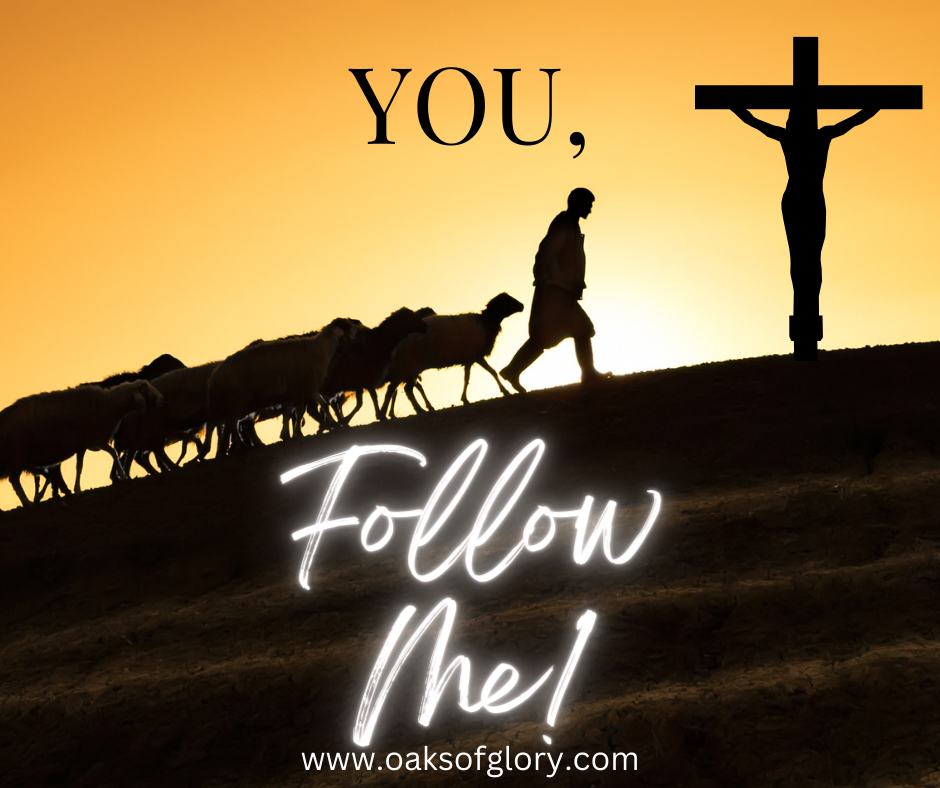


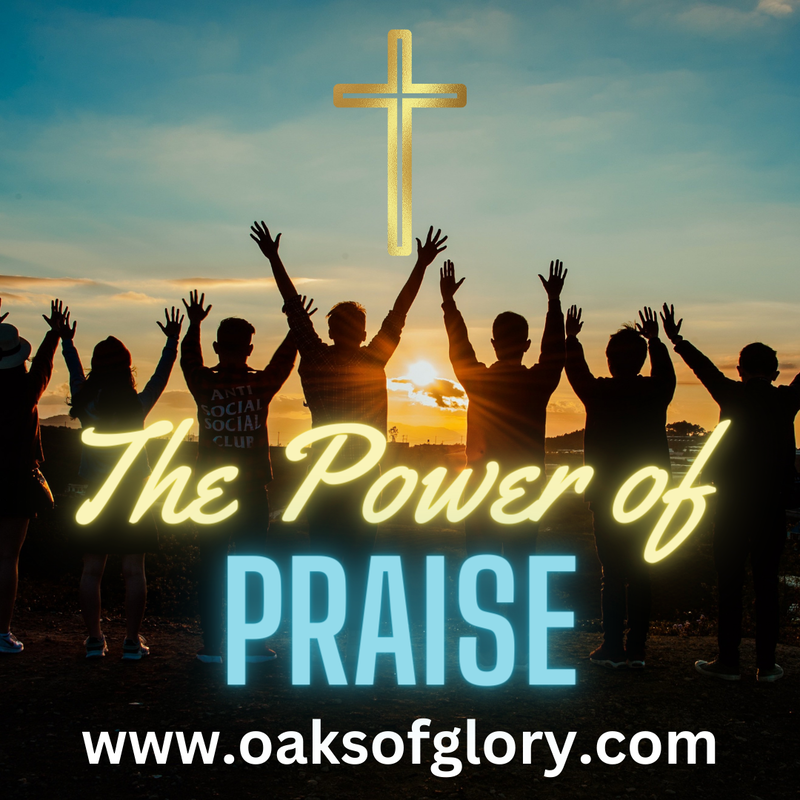
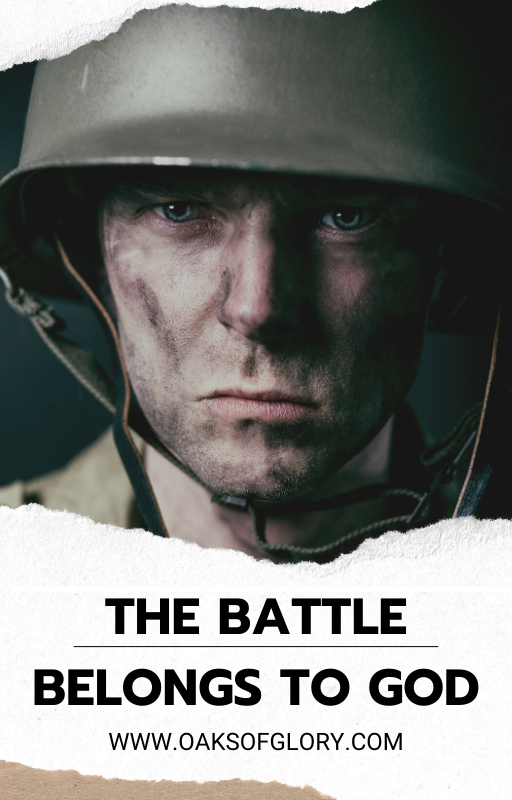
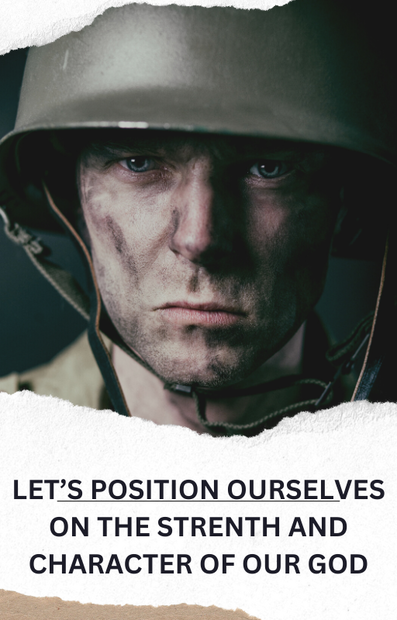





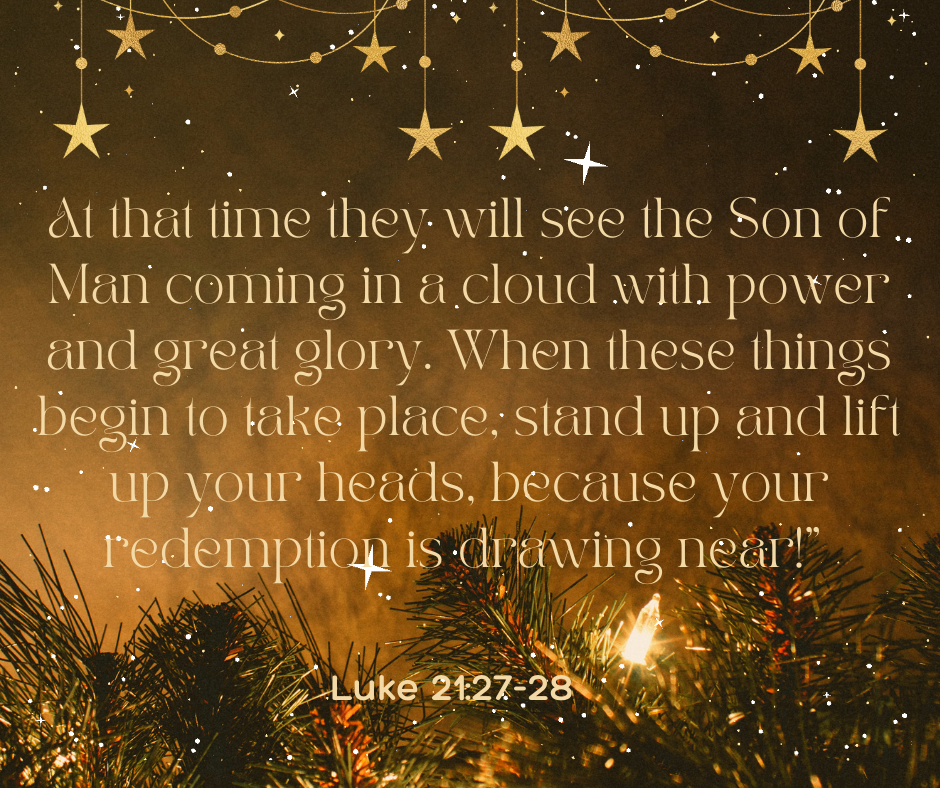
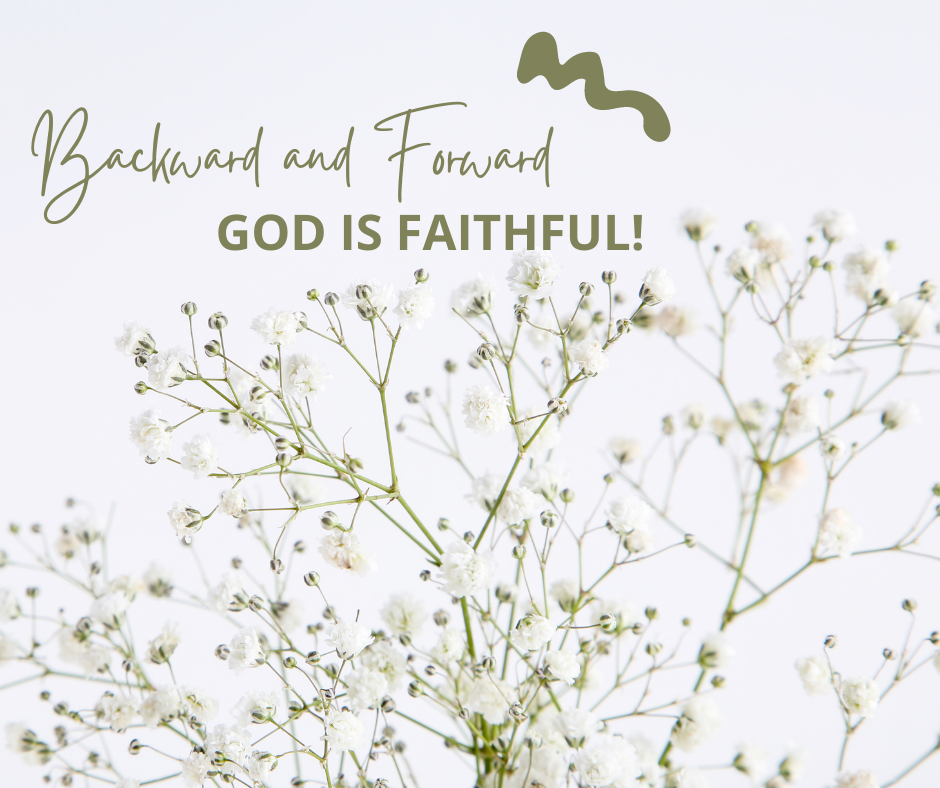
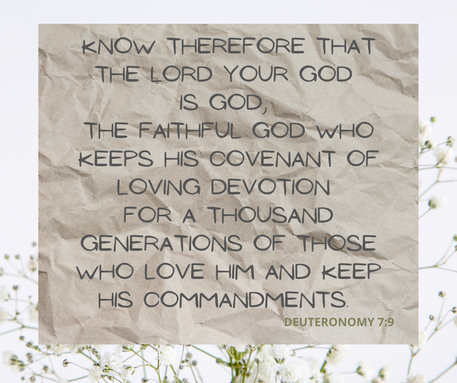

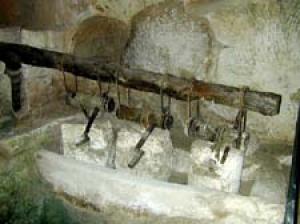
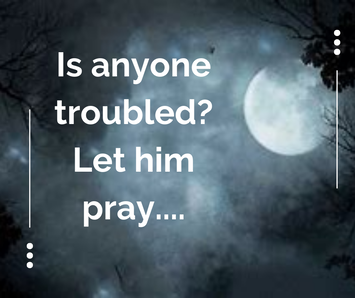
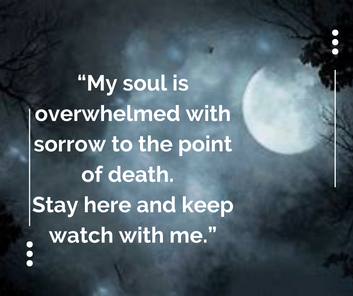
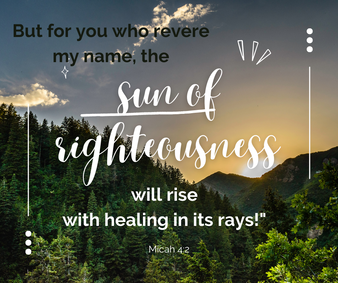

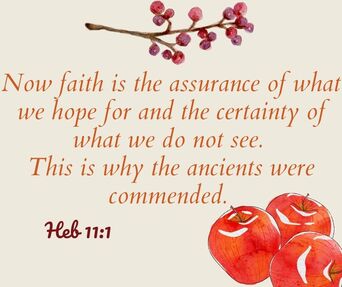
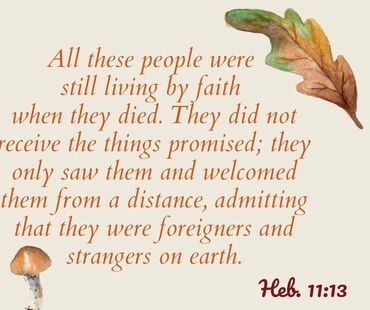
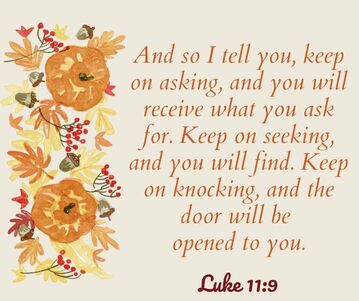
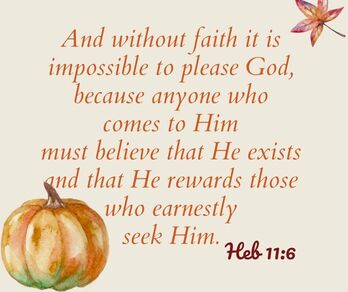
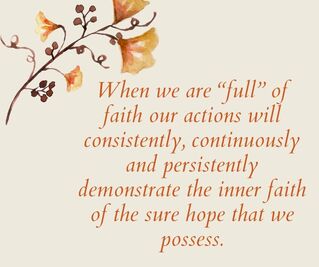

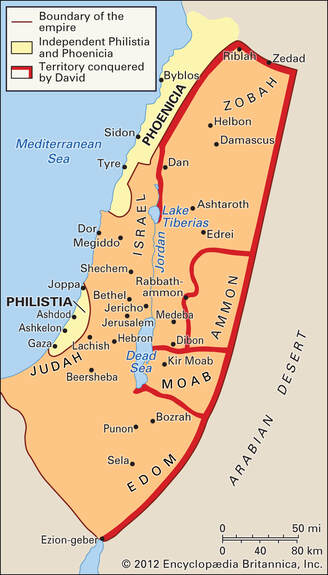



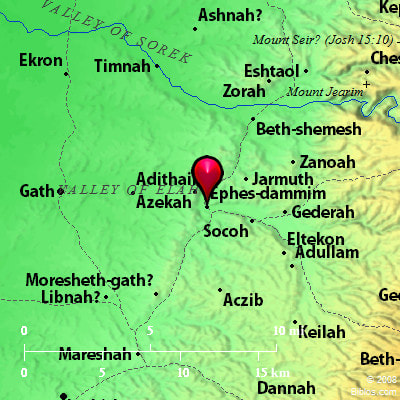
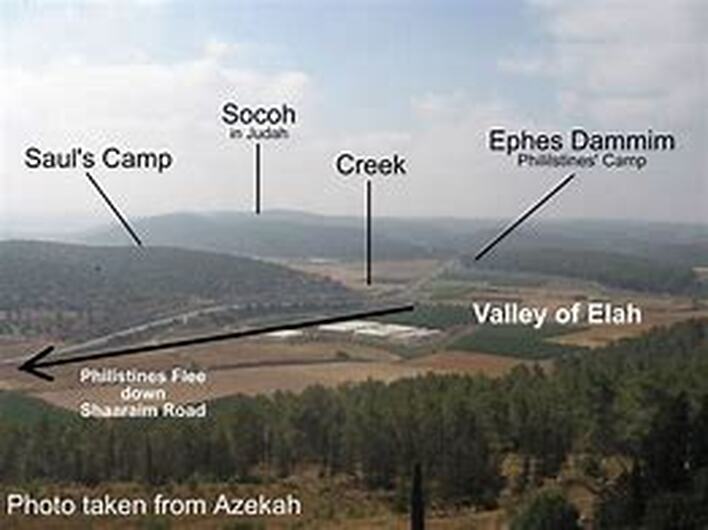











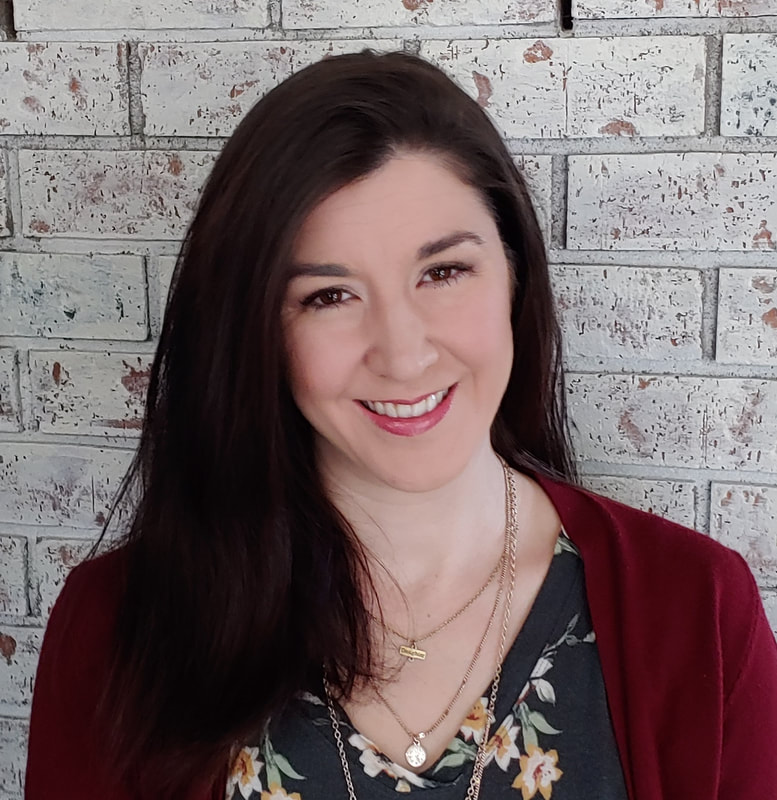
 RSS Feed
RSS Feed